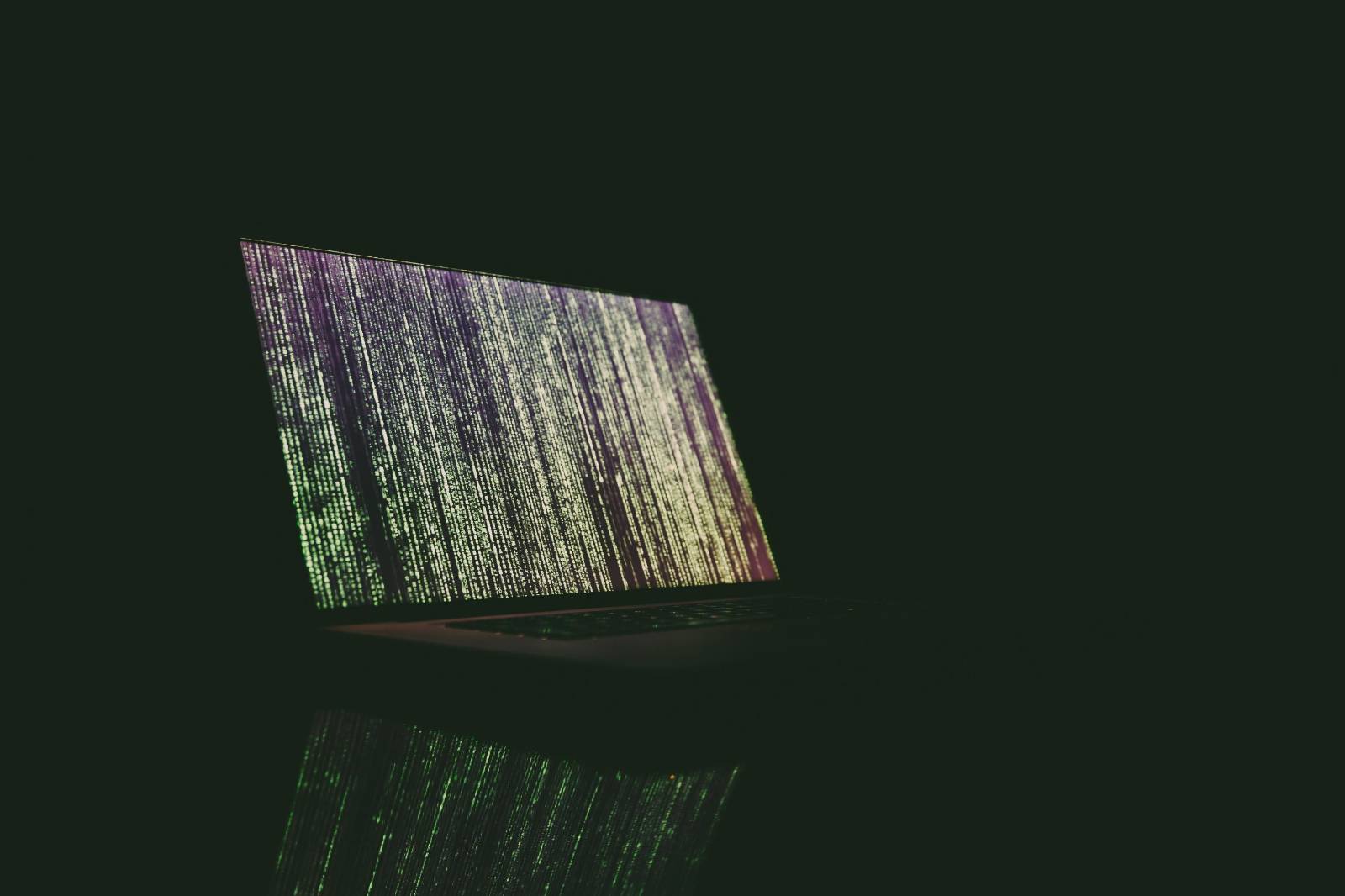
The internet is often divided into layers, and at the heart of its enigmatic depths lies Tor, a hidden network where privacy and secrecy reign supreme. Tor, short for “The Onion Router,” originally developed as a tool for anonymous online communication, has since transformed into a network that raises essential questions about freedom, ethics, and security.
While Tor’s primary goal is to safeguard privacy, it has also opened the door to a host of activities that can challenge legal and ethical boundaries. But is the existence of such a network a tool for empowerment or an invitation to chaos?
Before diving into the ethical debates, understanding how Tor works is crucial. The network relies on a concept called “onion routing,” where your data is layered and encrypted, bouncing across multiple nodes to mask your online identity. With each bounce, your digital footprint is erased, offering robust anonymity.
This structure allows anyone to browse freely without worrying about tracking, a feature both celebrated and criticized.
Imagine living in a place where certain websites, books, or opinions are outlawed. For many, Tor represents freedom—a powerful tool for privacy and access to uncensored information. Journalists, activists, and whistleblowers rely on it to communicate in regions where freedom of expression is threatened.
Tor is more than just a privacy tool; it’s a platform for change, an avenue for individuals fighting oppressive regimes or revealing truths otherwise hidden from the public eye. For them, Tor can be a lifeline, a way to access uncensored information and communicate securely without risking their lives.
However, the same anonymity that empowers also allows illegal activities to flourish. Hidden within Tor’s dark web are black markets, illicit services, and spaces where anonymity provides cover for criminal acts. Drug trafficking, illegal weapons sales, and hacking services—all of these thrive in an environment where identity is masked.
Is the cost of Tor’s freedom too high? When privacy conceals illicit behavior, it raises a troubling ethical question: Should we protect the rights of those seeking privacy if it also protects criminals?
As Tor’s hidden network continues to grow, governments and law enforcement agencies face mounting pressure to intervene. But striking the right balance between surveillance and respecting individual rights is a delicate dance. For every successful sting operation that shuts down a criminal marketplace, countless innocent users lose a bit of their privacy.
Should there be more regulatory oversight to curb criminal acts on Tor, or does monitoring this space set a dangerous precedent that erodes individual privacy rights?
Tor’s hidden network introduces an ethical dilemma where protecting individual freedom and safeguarding society clash. If privacy is sacred, does that mean we must also accept the negative consequences that come with it? Or should ethical considerations prompt intervention, at the risk of invading personal privacy?
These questions raise deeper philosophical issues about the cost of anonymity in an increasingly interconnected world. For some, Tor is an answer to oppression and a safeguard for human rights. For others, it’s a shield for criminals.
As technology and surveillance capabilities advance, the ethical debate around Tor’s network will only grow more complex. Governments are likely to increase their focus on hidden networks, possibly developing more sophisticated tracking tools or policies to reduce criminal activity. But where does that leave Tor’s original intent—to offer privacy and freedom?
In the end, Tor’s network stands as a symbol of both liberation and risk. It challenges our definitions of freedom, raises ethical questions, and continues to inspire both fear and hope in the digital age.
We still have one question left to ask ourselves. Between this chaos, power struggle, and the global crackdown, Is privacy losing?
